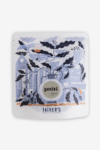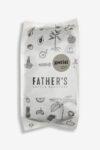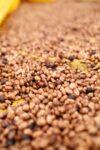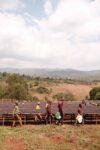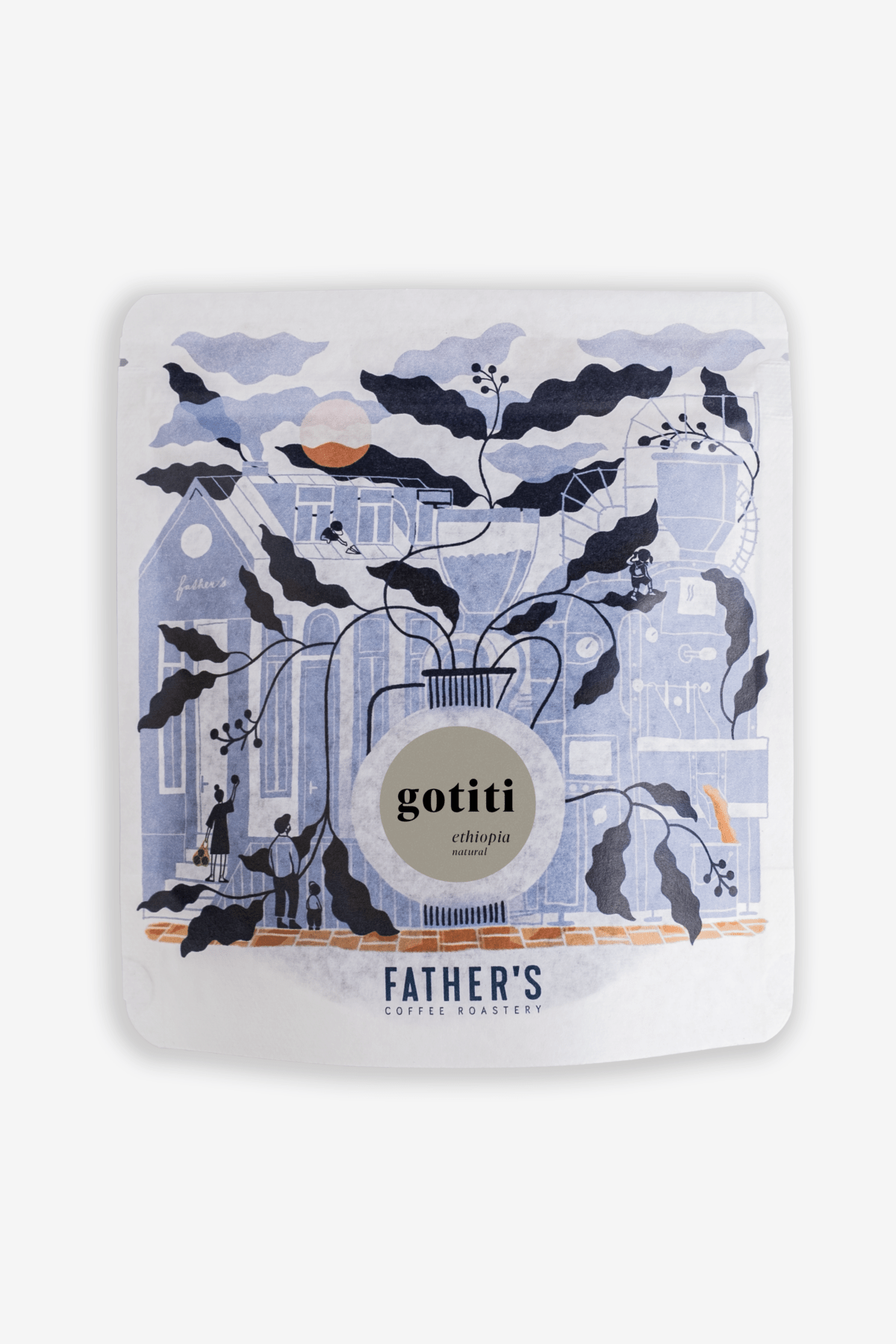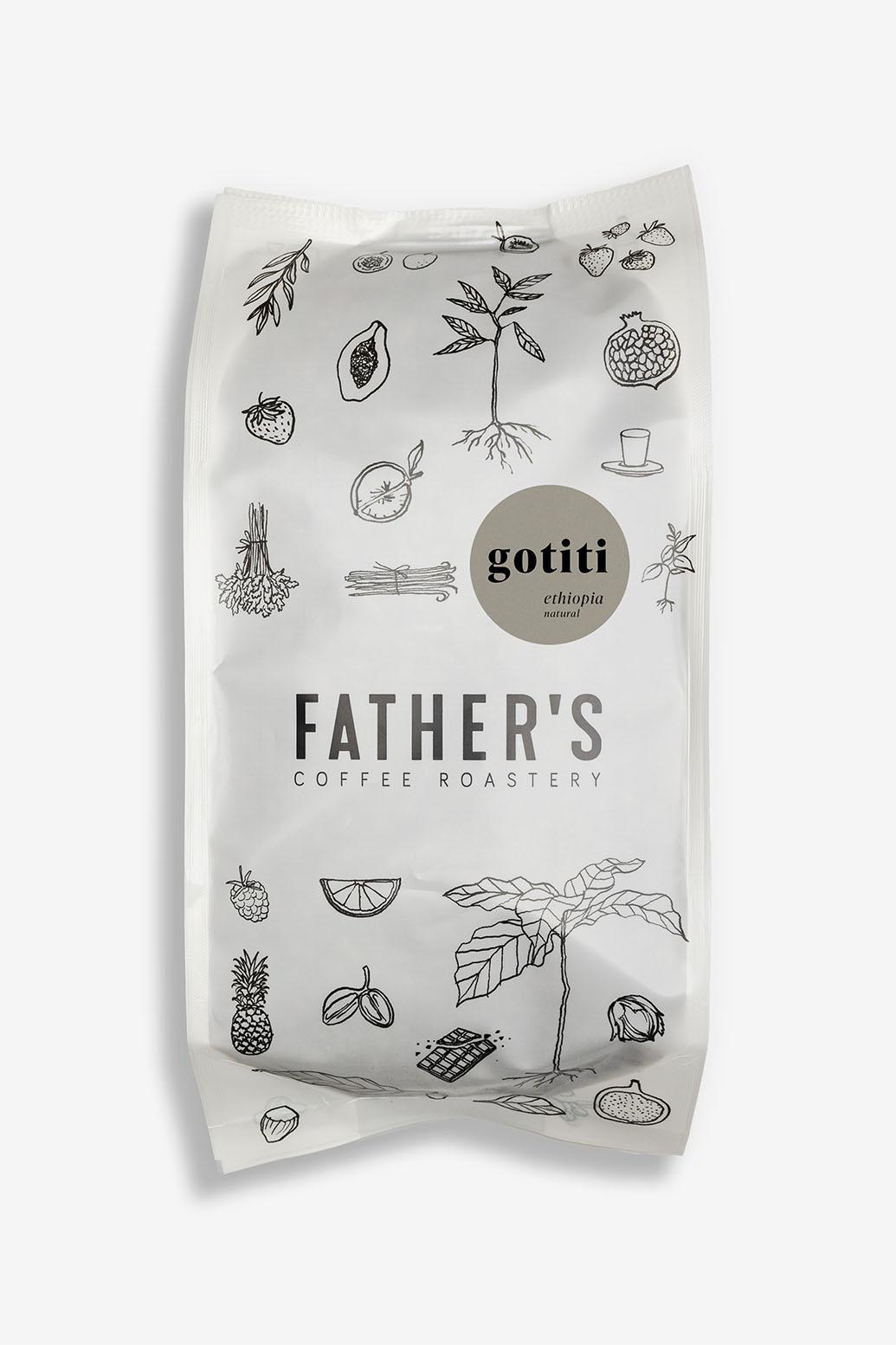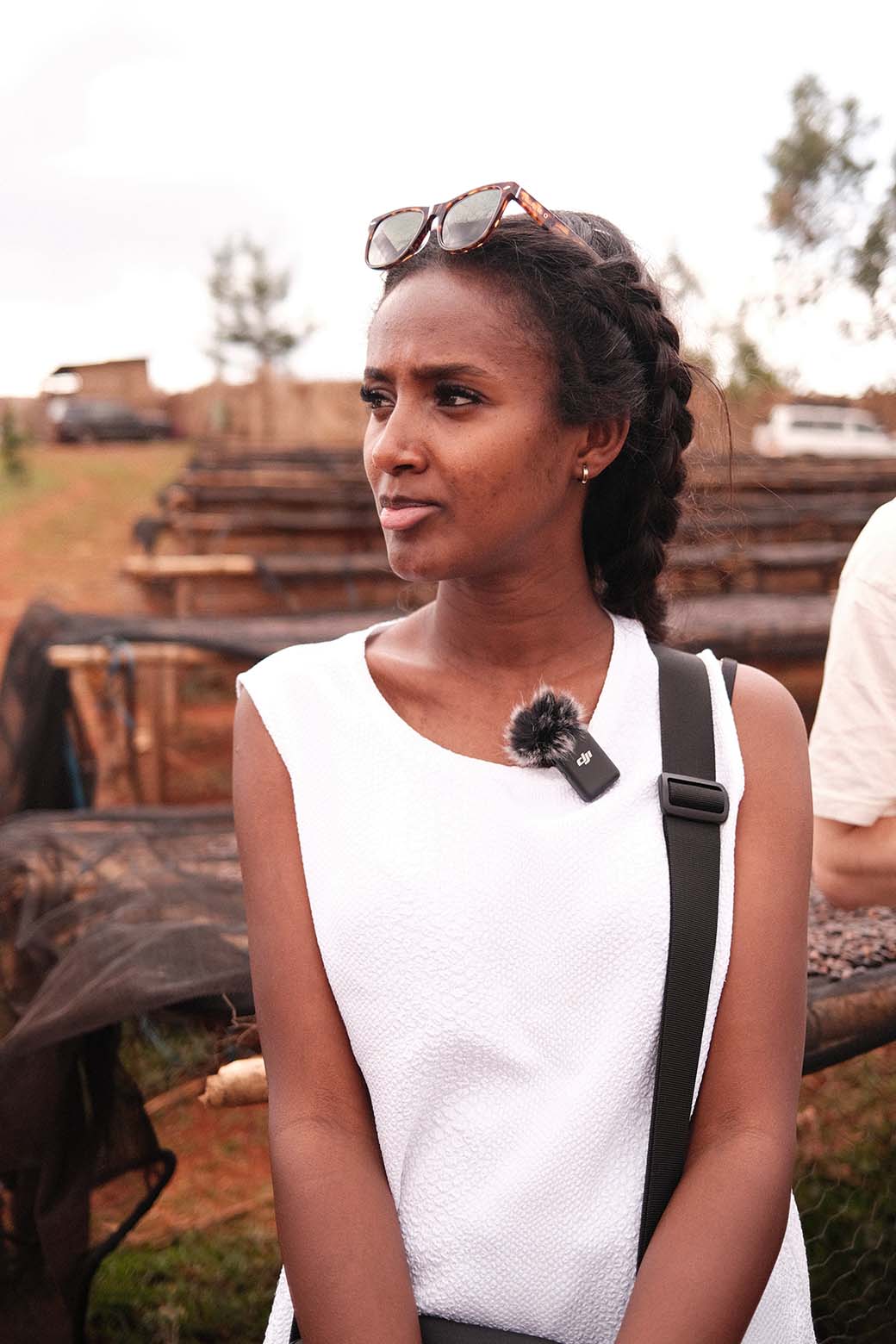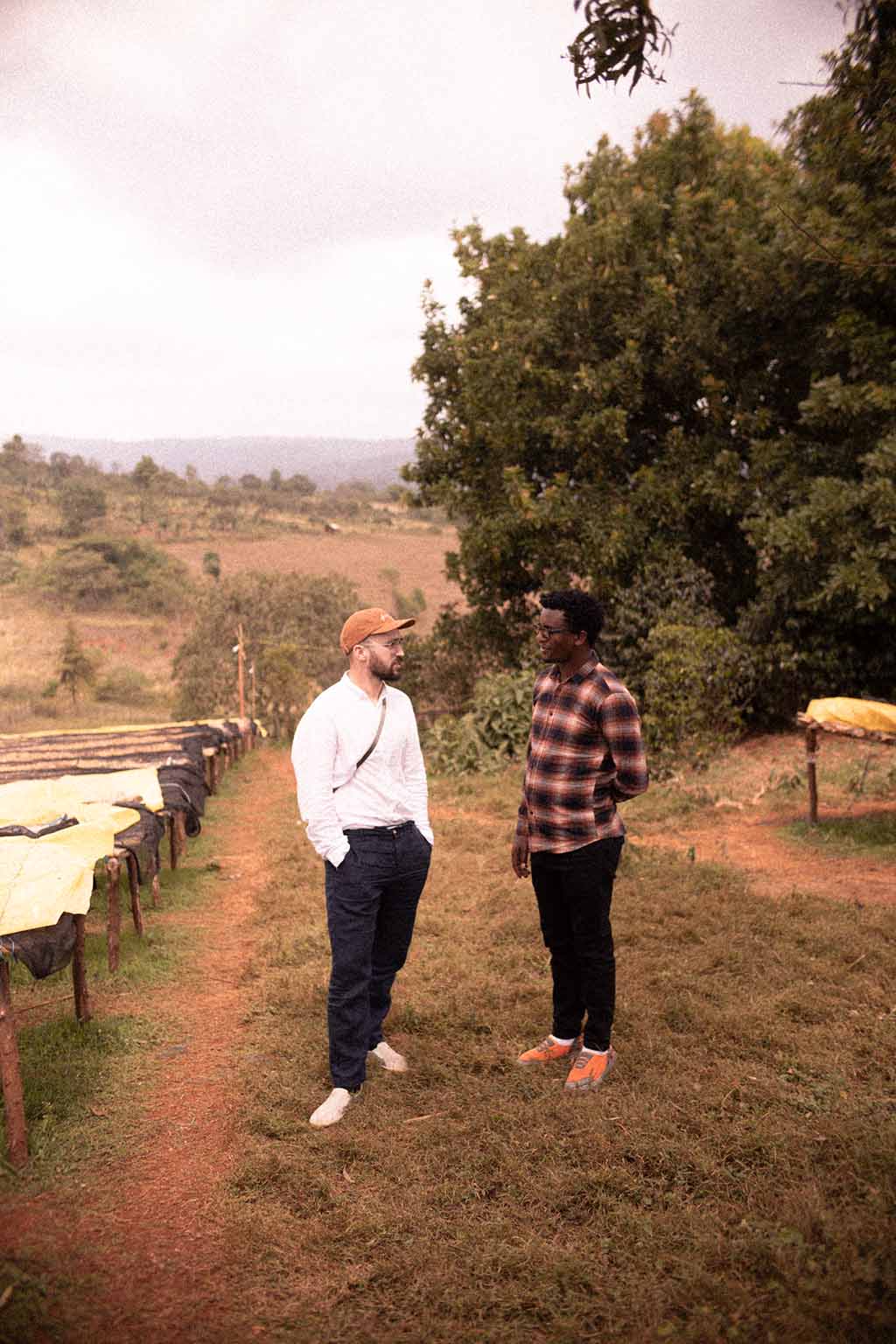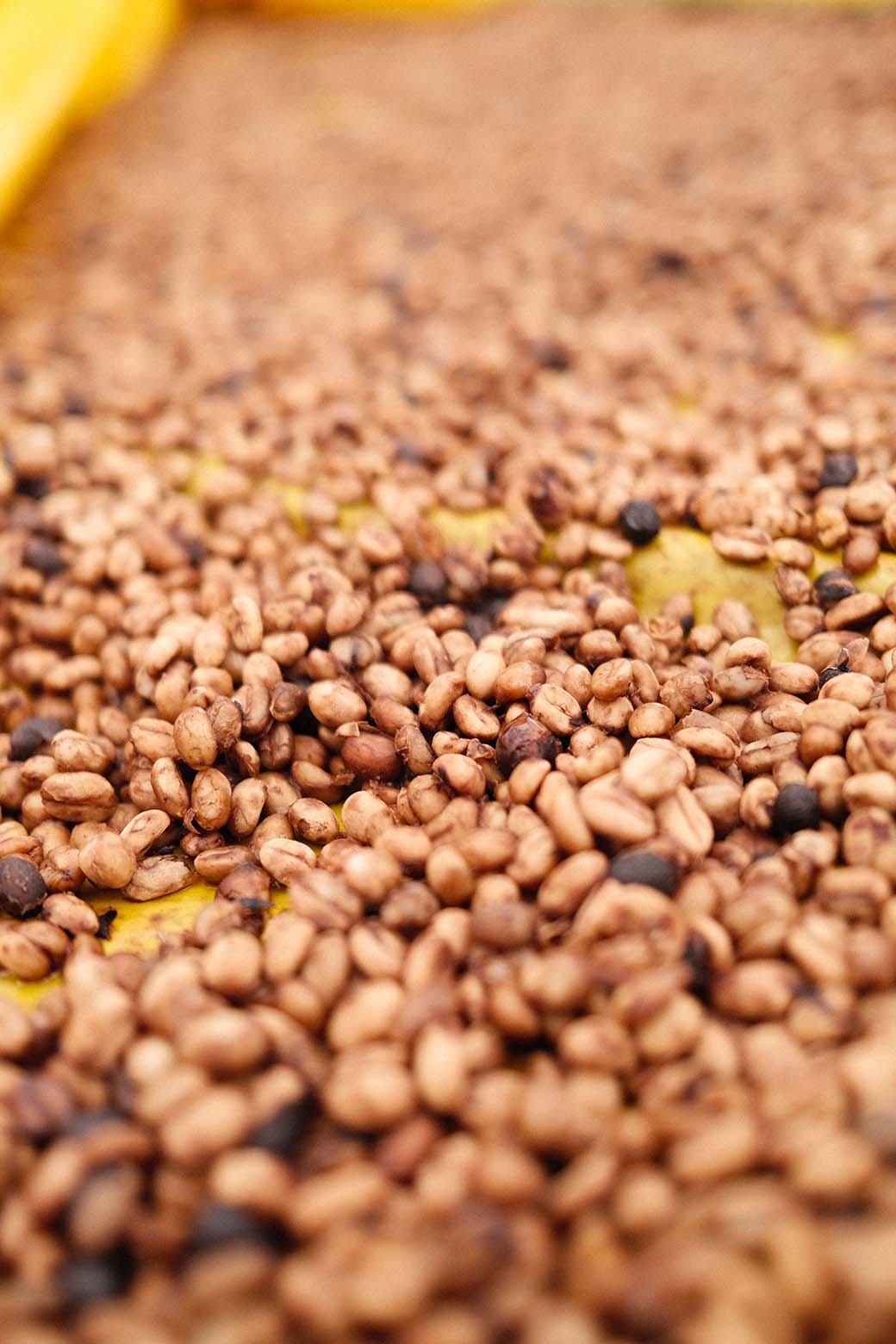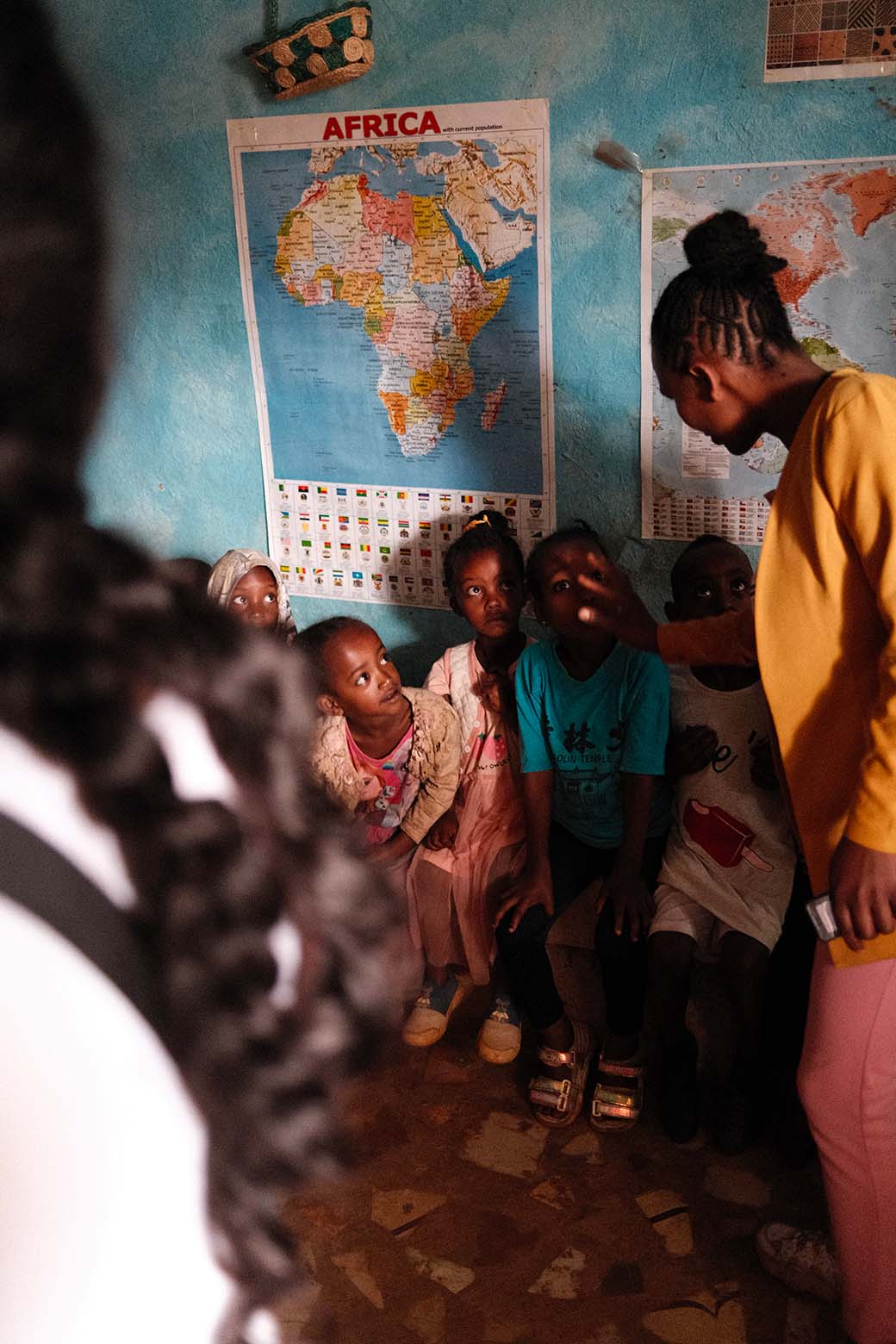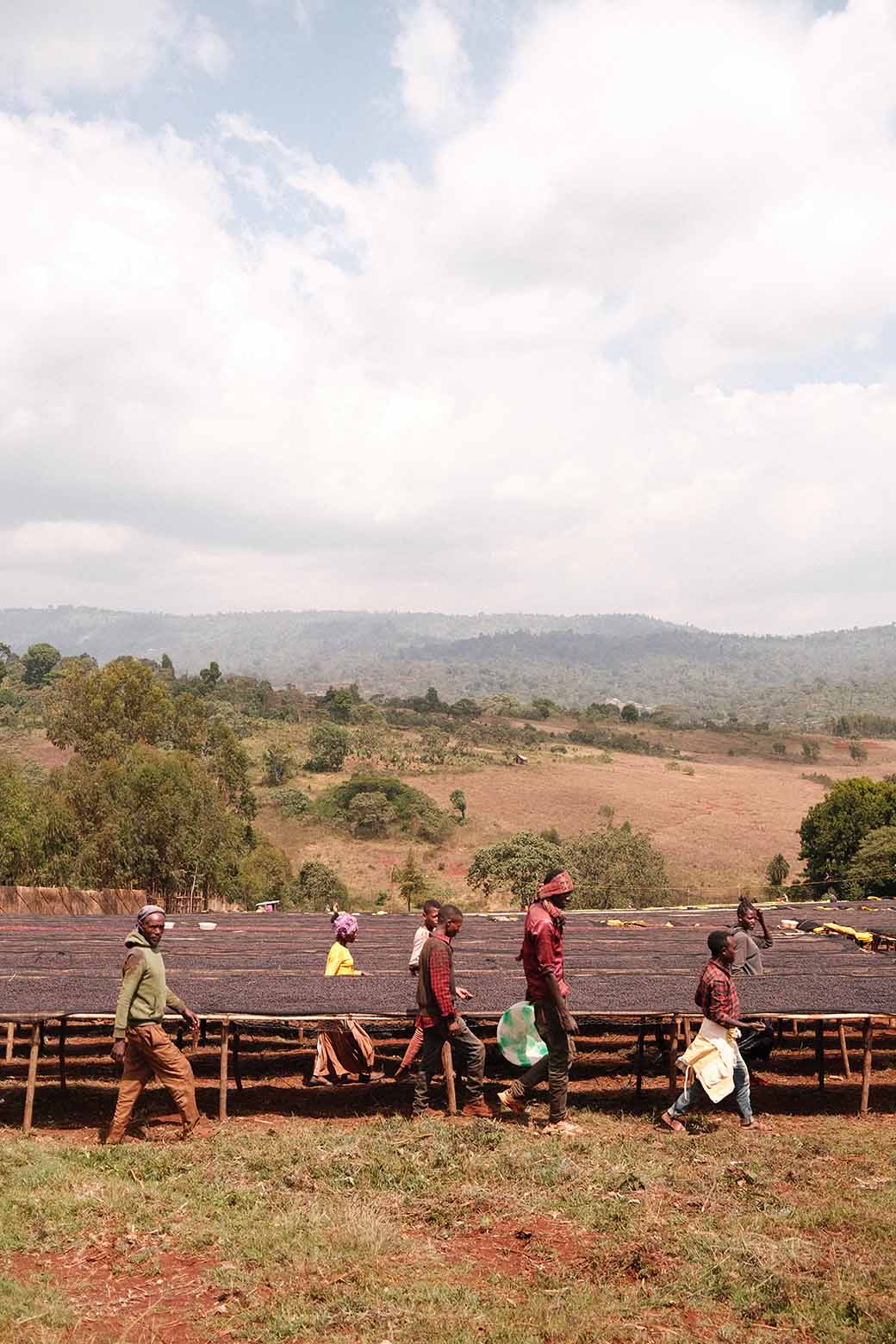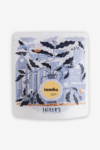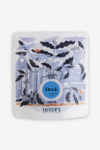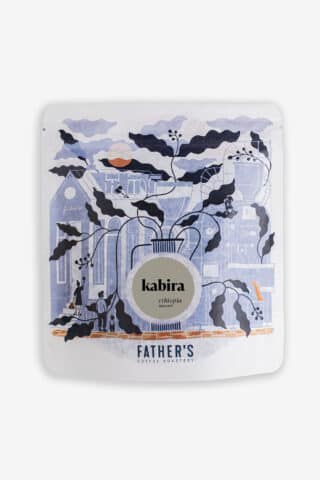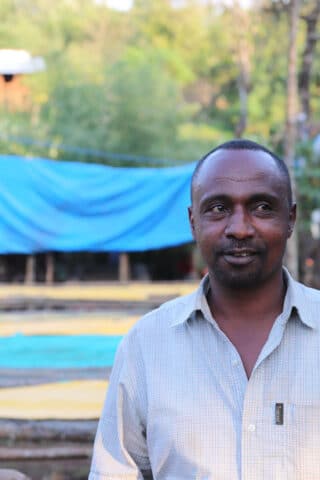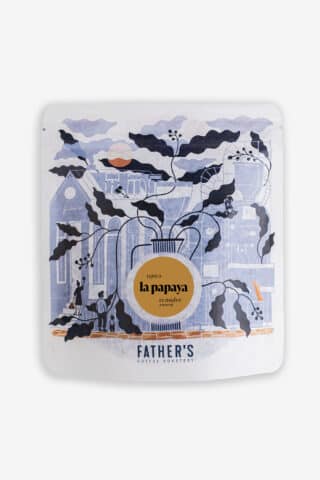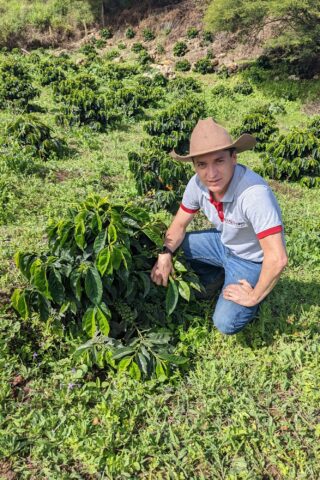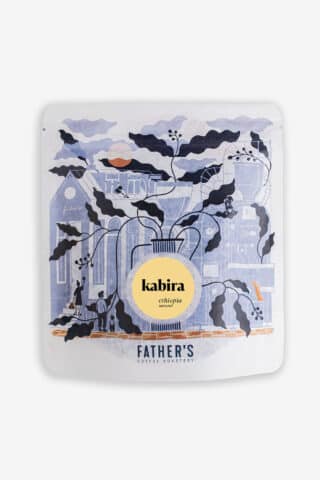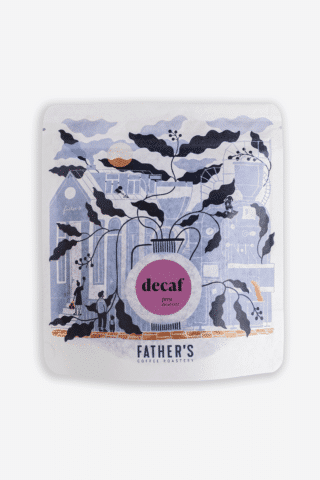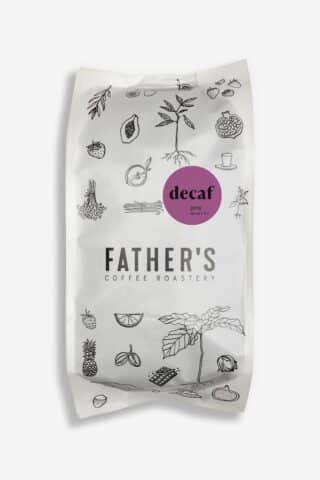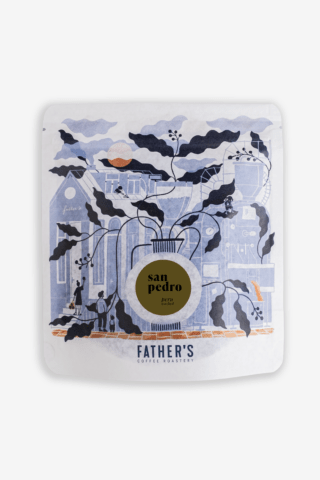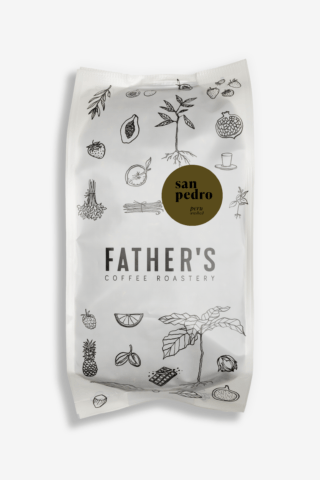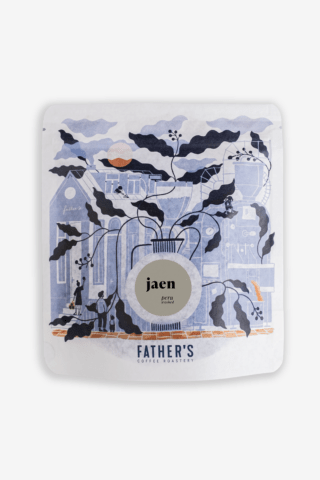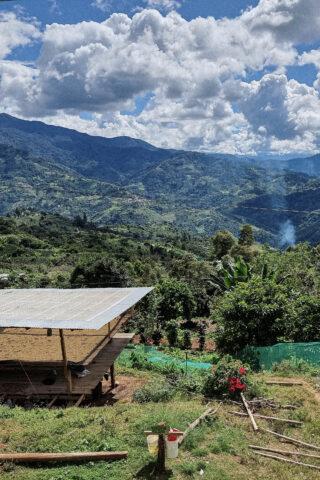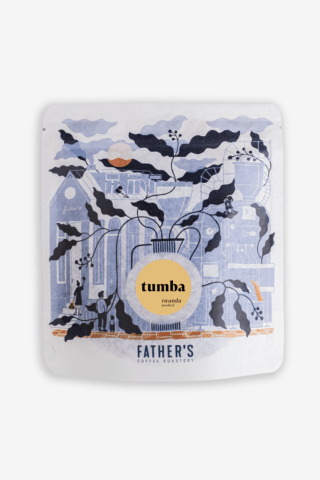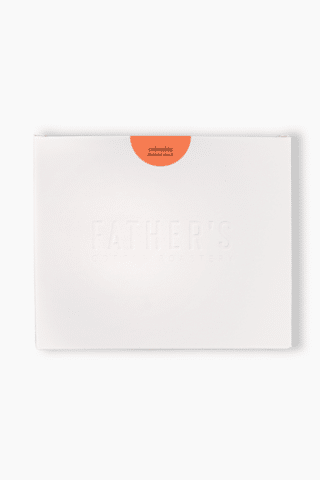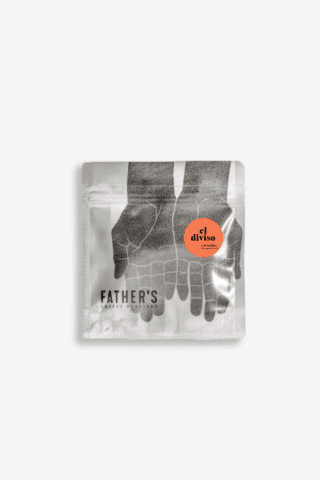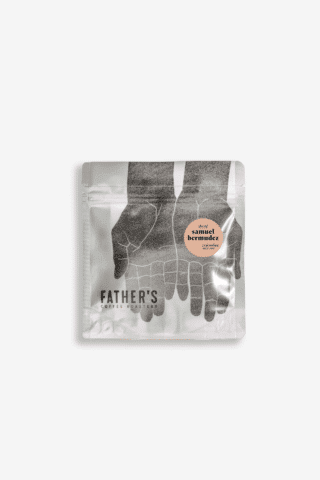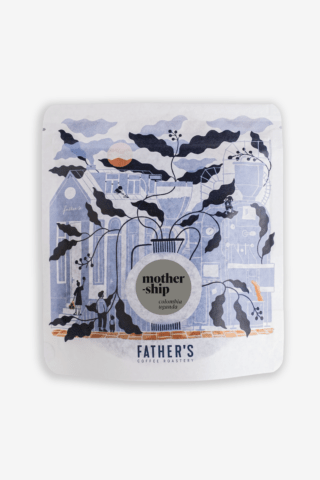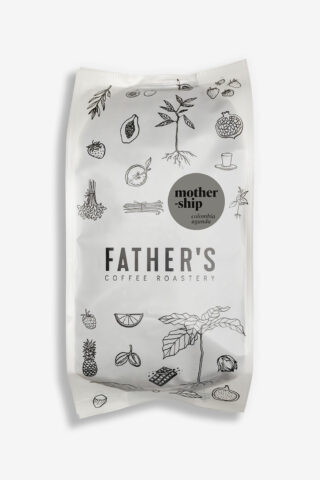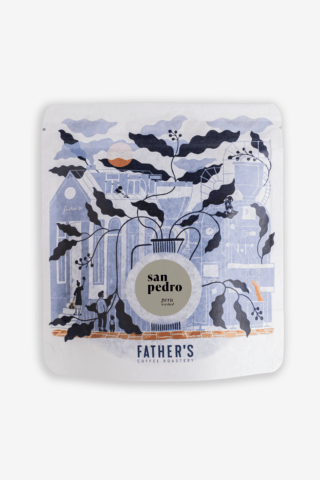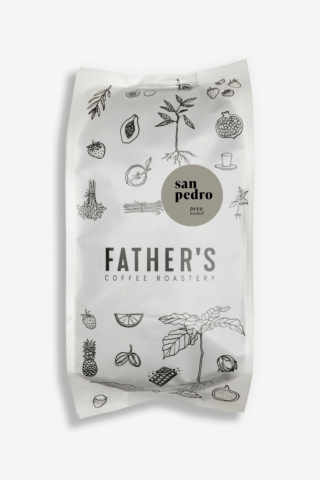Ethiopia – Gotiti
Country: Ethiopia
Region: Wegida,Yirgacheffe
Farm: Gotiti
Producer: Eptah Speciality Coffee
Altitude: 2150 m.a.s.l.
Variety: Heirloom
Processing: natural
Taste profile: Blueberries, milk chocolate, sour cream
PRODUCER
Ephtah Specialty Coffee, the producer of Gotiti coffee, focuses on building sustainable supply chains and empowering women in the coffee industry. The village of Banko Gotiti, located in the heart of the Gedeb area in the Yirgacheffe region, is renowned for its community-based coffee cultivation and the production of high-quality microlots that receive recognition on international markets.
Ethiopia’sThe country’s three main seasons significantly shape Ethiopia’s coffee production. The Bega season (October–January) is a long dry period crucial for coffee harvesting and processing. The Belg season (February–May) brings the first rains, which are essential for coffee flowering and early fruit development. The Krempt season (June–September) is marked by heavy eastern storms, vital for the later fruit development and maturation stages. By the end of September, the rains suddenly cease, allowing the coffee cherries to ripen, leading to the busy harvest season in November. Ethiopia, considered the birthplace of coffee, has a long history of coffee cultivation dating back to the 9th century. Here, coffee farming is more than just agricultural activity; it is deeply embedded in the culture and traditions of local communities.
PROCESSING
Natural coffee processing is a traditional method used in Ethiopia for centuries. In this process, whole coffee cherries are sun-dried, typically on raised “African beds,” for one to two months, depending on the weather conditions. The cherries must be regularly turned during drying to prevent mold and undesirable fermentation. The dry husks are mechanically removed once the cherries reach an optimal moisture level of around 10–12%. This processing method gives the coffee a distinct fruity profile with heightened sweetness but requires careful management to avoid flavor defects.
VARIETAL
Ethiopia is the birthplace of coffee, and its coffee production accounts for nearly 10% of the country’s GDP. It is estimated that thousands of yet-to-be-documented coffee varieties grow in Ethiopia, making it the region with the most incredible coffee biodiversity in the world. Due to the country’s historical traditions, cultivation practices, and political environment, it is almost impossible to find single-variety lots. Although this has slowly begun to change in recent years, Ethiopian coffee varieties are typically labeled as “Ethiopian heirloom varieties.” Ethiopian coffee beans are often small (most sizes range from 13 to 14), reflecting the high altitudes where the coffee is cultivated.
We work with several couriers worldwide, the table HERE specify the conditions for each country.
If your country is not available please send us an email to info@fathers.cz.
Related Products
Country: Ethiopia
Region: Agaro, Jimma, Western Ethiopia
Station: Kabira
Producer: Mustefa Abakeno
Altitude: 2000–2100 m.a.s.l.
Variety: 74110, 74112
Processing: natural
Tasting notes: blackberries, red apple, cream ice cream
Kabira is proof that even in a fast-changing world, specialty coffee can stay true to its origins. This coffee comes from the Agaro region in Western Ethiopia, where Mustefa Abakeno not only cultivates but also processes coffee at his own and shared stations – including the one named Kabira. It combines a traditional approach with a modern eye for detail, both in drying and in community work.
Country: Ecuador
Region: Saraguro, Loja
Farm: Hacienda La Papaya
Altitude: 1900–2100 MASL
Variety: Typica La Papaya
Processing: natural
Tasting notes: mango lassi, black tea
This specialty coffee from the Ecuadorian farm Hacienda La Papaya, located in the Saraguro area of the Loja province, is processed using the natural method and offers an exceptional flavor experience. The taste combines notes of black tea and mango lassi. We roast it for a filter.
Country: Ethiopia
Region: Agaro, Jimma, Western Ethiopia
Station: Kabira
Producer: Mustefa Abakeno
Altitude: 2000–2100 m.a.s.l.
Variety: 74110, 74112
Processing: natural
Tasting notes: blackberries, red apple, cream ice cream
Kabira is proof that even in a fast-changing world, specialty coffee can stay true to its origins. This coffee comes from the Agaro region in Western Ethiopia, where Mustefa Abakeno not only cultivates but also processes coffee at his own and shared stations – including the one named Kabira. It combines a traditional approach with a modern eye for detail, both in drying and in community work.
Country: Peru
Region: Jaén, Cajamarca
Farm: Dulce Sueños
Altitude: 1800–1900 MASL
Variety: Mixed
Processing: Decaf – CO₂
Flavor Profile:
The non-profit social enterprise ANDE PERUANOS was founded in 2020 in Jaén with a clear mission – to support farmers, improve their economic stability, and ensure the sustainability of coffee plantations. It brings together families who have been dedicated to coffee cultivation for generations and, through careful processing, delivers high-quality specialty coffee.
This decaffeinated variant is processed using the Sparkling Water Decaf method – a gentle, natural, and organically certified process that preserves the coffee’s flavor and aroma.
Country: Peru
Region: San Pedro, Tabaconas
Farm: San Pedro
Altitude: 1,700–1,900 MASL
Variety: Caturra
Processing: Washed
Flavor Profile: Hazelnut, Plums, Rosehip Tea
The Caturra from the San Pedro farm in Peru brings together two small-scale farmers, Carmela Mondragón Salazar and Juan Manchay Santos, who cultivate this variety on their 1.5-hectare farms in the Tabaconas region. This area has immense potential for growing specialty coffee, thanks to its ideal conditions, the farmers’ meticulous work, and their dedication to continuously improving production quality. This Caturra is characterized by delicate notes of hazelnut, plums, and rosehip tea.
Don’t know which filter coffee to choose? ☕
Maybe the sample box containing 5x60g of coffee can help you. Its contents are continuously updated according to the coffees currently available.
You can order the sample box for your home, invite your friends, and organize cupping. This can help you find out what coffee you like best and make ordering easier in the future. Or you can get it as a gift, wrapped in our coffee-world illustration bag.
You’ll soon learn how to make cupping at home on our blog.
Currently, our Sample Box consists of:
Peru – Tres Fincas
Kenya – Gachatha
Peru – San Pedro
Rwanda – Gitwe
Rwanda – Kirambo
Country: Peru
Region: Jaén, Cajamarca
Farm: Jaén
Altitude: 1750 – 2000 MASL
Variety: Catuai, Pache, Caturra
Processing: Washed
Flavor Profile: Milk chocolate with nuts, hibiscus, green apple
Jaén brings together eight farmers from the Cajamarca region of northern Peru, who, thanks to meticulous processing and ideal growing conditions, produce exceptional specialty coffee. This region is also a hub for innovation in transparency and sustainability. With careful processing and a strong focus on quality, their harvest transforms into the coffee we have roasted for you.
Country: Rwanda
Region: Rulindo district, Northern Province
Altitude: 1776 masl
Variety: Red Bourbon
Processing: washed
Taste profile: pineapple juice, dried physalis, nutmeg
In the heart of Africa, in the northern part of Rwanda, lies the Tumba processing station. The road from Kigali, the capital of Rwanda, to Tumba winds high up into the mountains, revealing a breathtaking landscape of vivid green hills dotted with farms as far as the eye can see. Hundreds of dedicated smallholder farmers bring ripe coffee cherries here for processing. The coffee they’ve harvested for us tastes like spicy pineapple juice.
Country: Colombia
Region: Pitalito, Huila
Farm: El Diviso
Altitude: 1800 MASL
Variety: Sidra
Processing: Thermal Shock
Flavor Profile: bon pari, mango, chocolate
Nestor Lasso and his family at El Diviso are pushing the boundaries of coffee processing. Through innovative fermentation with brewing yeast, they create a coffee with rich fruity notes, delicate acidity, and floral sweetness.
The Bourbon Sidra variety, grown at high altitudes, offers an exceptionally complex flavor experience that you’re sure to love.
Country: Colombia
Region: El Tambo, Cauca
Farm: El Paraíso – DECAF
Altitude: 1750 – 1950 m.a.s.l.
Variety: Mixed
Processing: Double anaerobic fermentation with Lactobacillus YN09 sugar cane decaf
Flavor Profile: Apricot cake, rhubarb, cardamom, brown sugar
Diego Samuel is pushing the boundaries of coffee processing and innovation. On his farm, he experiments with fermentation and precise processing methods to create coffees with unique flavor profiles. His attention to detail, use of modern technology, and constant pursuit of new possibilities make his coffee stand out in the world of specialty coffee. Thanks to his meticulous processing and innovative approach, you can now experience a coffee that surprises with its complexity and depth of flavor.
Full creamy body, milk chocolate, and floral aroma. You can find all this in a cup of our espresso blend, Mother Ship.
It will be a pleasure to work with, whether in a café or at home. It serves as an excellent base for your milk-based drinks while also satisfying any fan of pure espresso.
Origin: Uganda
Region: Upper Bukyabo
Processing station: Coffee Gardens
Altitude: 1800–2200 m.a.s.l.
Variety: SL14, SL28, Nyasaland
Processing: Washed
Origin: Colombia
Region: Cafe Agario, Ortega, Tolima
Processing station: Suukula – Asorcafe
Altitude: 1830 m.a.s.l.
Variety: Caturra, Castillo, Colombia
Processing: Washed
Flavor profile: Full creamy body, milk chocolate, and floral aroma.
Country: Peru
Region: San Pedro, Tabaconas
Farm: San Pedro
Altitude: 1,700–1,900 MASL
Variety: Caturra
Processing: Washed
Flavor Profile: Hazelnut, Plums, Rosehip Tea
The Caturra from the San Pedro farm in Peru brings together two small-scale farmers, Carmela Mondragón Salazar and Juan Manchay Santos, who cultivate this variety on their 1.5-hectare farms in the Tabaconas region. This area has immense potential for growing specialty coffee, thanks to its ideal conditions, the farmers’ meticulous work, and their dedication to continuously improving production quality. This Caturra is characterized by delicate notes of hazelnut, plums, and rosehip tea.
